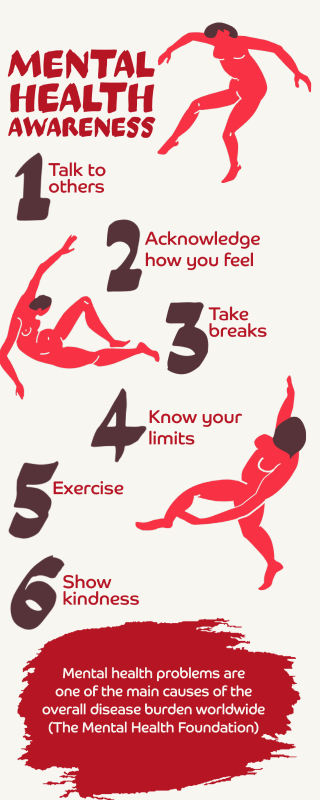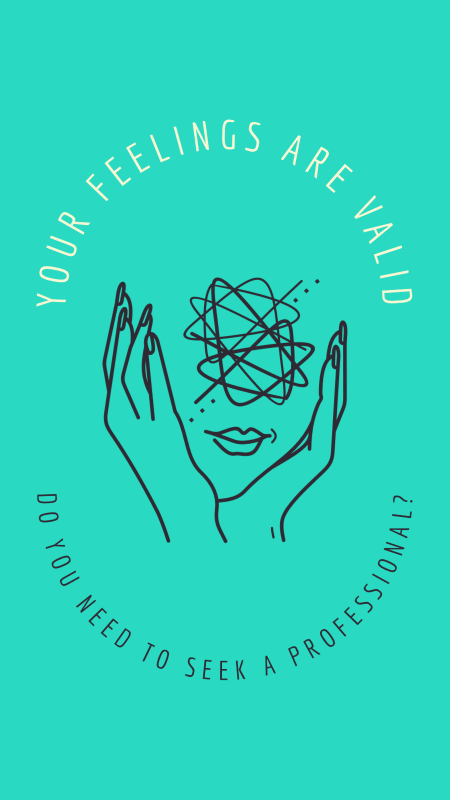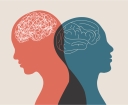The Difference between Psychology and Psychiatry

The expertise of mental health has come a long way from its roots, all the way back to 1879 when Wilhelm Wundt established the first psychology laboratory at the University of Leipzig in Germany, to current practices of the study.
The mental health field is constantly evolving, with new research, approaches, and interventions being developed all the time.
With all the services being offered, you are probably left wondering about what makes certain services different from one another.
A big question commonly asked by people is: "What is the difference between a psychologist and a psychiatrist?"
Let's break it down.
What is Psychology and What do Psychologists do?
Psychology is a field of science that seeks to understand and explain human behavior and mental processes.
A psychologist is a mental health professional who specializes in research methods, observations, psychotherapy, and intervention. They may work in a variety of settings, including universities, research institutions, schools, healthcare facilities, and private practices.
They may be able to specialize in the following fields.
- Clinical Psychology: Trained in the diagnosis and treatment of mental disorders such as depression and anxiety. They may use a variety of techniques such as cognitive-behavioral therapy, to help patients manage symptoms and improve their quality of life.
- Counselling Psychology: Focuses on helping individuals and groups cope with personal and interpersonal challenges. They mostly help develop strategies for managing stress, improving relationships, and enhancing overall well-being
- Developmental Psychology: Studies how people change and develop over time from infancy to adulthood and they focus on the cognitive, social, and emotional aspects of psychological development.
- Educational Psychology: Helps people in the educational setting, mainly with how people learn and develop. This field focuses on motivation, memory, and the role of the environment in the human learning process.
- Social Psychology: Studies how people interact with one another and how social influences shape behavior and attitude. They focus on the importance of group dynamics, prejudice, and conformity.
One very important thing to take note of here is that psychologists are not medical doctors. Many of these psychologists are trained and licensed to do psychotherapy, but they are not able to prescribe medication.
Psychology is also involved with Eating Disorders: Such as anorexia nervosa and bulimia nervosa, which involve disturbances in eating behaviors. They can be very serious conditions affecting physical, psychological and social function.
What is Psychiatry and What do Psychiatrists do?
Psychiatry is a medical specialty that focuses on the diagnosis, treatment, and prevention of mental illnesses and disorders.
All Psychiatrists are medical doctors who specialize in mental health and are trained to understand the interplay between biological, psychological, and social factors that contribute to mental illness.
Since psychiatrists are medical doctors, they can prescribe medication to help manage the symptoms of certain mental health disorders. Common medications used in psychiatry include.
- Antidepressants
- Antipsychotic
- Anxiolytics
- Mood Stabilizer
A psychiatrist may also provide psychotherapy, counseling, and lifestyle interventions for their patients. While they are primarily trained for medical management, they are also equipped to be able to perform various forms of psychotherapy.
Psychiatrists encounter a wide range of mental health disorders in their practice. Here are some of the common mental disorders that psychiatrists may diagnose and treat:
- Depression: A mood disorder characterized by persistent feelings of sadness, hopelessness, and loss of interest in activities.
- Anxiety Disorders: A group of disorders characterized by excessive fear or anxiety that interferes with daily life.
- Schizophrenia: A mental disorder characterized by hallucinations, delusions, and disordered thinking.
- Substance Use Disorders: Involves the recurrent use of alcohol or drugs despite negative consequences.
If you have or you feel that you are experiencing any of the symptoms listed above, it's best to seek help from a professional. Remember, it's okay to ask for help and you deserve to feel better.

In Summary
Psychologists have masters degrees in psychology and specialize in the scientific study of behavior and mental processes.
Psychiatrists are medical doctors that can prescribe their patient's medication, alongside other psychotherapeutic interventions.
This table summarizes the difference between the two specialties.
| Differences | Psychologist | Psychiatrist |
|---|---|---|
| Education and Training | Have a medical degree and have residency training in Psychiatry (around 11 years) | Have a doctoral degree in psychology (5-7 years) |
| Medical Treatment | Able to prescribe medication to treat symptoms. | Are not able to prescribe medication. |
| Focus of Practice | Focus on the diagnosis and treatment of mental health disorders, using medication as a primary tool. | Focus on the assessment of mental disorders, as well as the research and teaching area of practice in psychology. |
| Approach to Treatment | May focus more on medical management. | May focus more on psychotherapy and other non-medical interventions. |
It is important to note that both psychologists and psychiatrists may work closely with each other to provide coordinated care that includes both therapy and medication.
They can provide effective treatment for mental health disorders, and the best choice for an individual may depend on their specific needs and preferences.

Should you see a mental health professional?
There are many reasons why someone may choose to see a mental health professional.
- Managing mental disorders: Seeing mental health professionals can help individuals manage their symptoms and improve their quality of life..
- Coping with life transitions: Such as divorce, job loss, and death of loved ones.
- Improving relationships: Professionals can help individuals improve their communication and relationship skills.
- Addressing trauma: Traumatic experiences can have a lasting impact on mental health. Professionals can help individuals process their trauma.
- Improving self-esteem: Professionals can help individuals improve their self-esteem and develop a positive self-image.
- Preventing mental health problems: Prevention is better than cure; professionals can help individuals identify and address potential mental health problems before they become serious.
Seeking help from a mental health professional such as a psychologist or a psychiatrist is a sign of strength, not weakness!
While these professionals are trained to help with mental health disorders such as depression and anxiety, mental health professionals are also trained to help individuals to manage everyday stress and coping.
Many people seek help as a preventive measure and to learn coping strategies to improve their overall well-being.
Taking the first step to seek help for your problems can be difficult, but it's important to remember that you don't have to go through this alone.
SEARCH ARTICLES
advanced search tips examples: "Yoga Meditation" Therap* +Yoga +MeditationRecent Posts

Nov 27 2025
The Psychology Behind the Primacy Effect

Jun 24 2025
Microplastic Exposure: Bottled Water vs Tap

Jun 09 2025
Squats for aligning hips

Apr 29 2025
Creative Thinking

Jan 28 2025
How to talk to someone you disagree with

Jan 27 2025
Alcohol Causes Cancer

Jan 14 2025
The role of the Amygdala

Oct 04 2024
A Support Guide for Anorexia Nervosa

Jun 25 2024
Sleep better



